Trump, Moon agree to end limits on payload of South Korean missiles
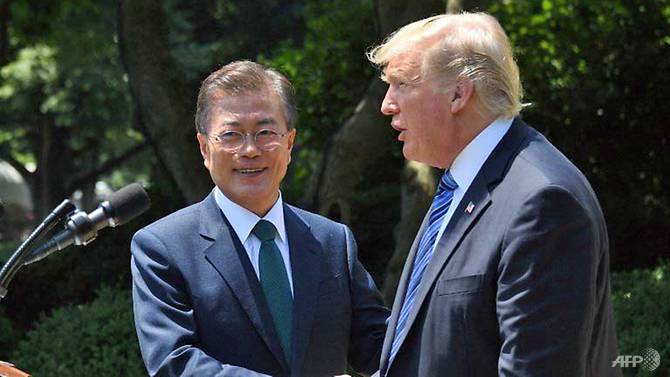 |
| US President Donald Trump meets South Korean President Moon Jae-in (left) in the Rose Garden at the White House in Washington, DC, on Jun 30, 2017. (JIM WATSON/AFP) |
The two leaders in a phone call "agreed to lift the cap on missile payload of South Korea as an effective countermeasure" against Pyongyang's test on Sunday of what it described as a hydrogen bomb designed for a long-range missile, the presidential office said in a statement.
Seoul was previously restricted to a maximum warhead weight of 500 kilogrammes on its ballistic missiles, according to a bilateral agreement with the United States signed in 2001.
Trump also told the South Korean leader that Washington was willing to approve arms sales worth "many billions of dollars" to Seoul.
President Trump "provided his conceptual approval for the purchase of many billions of dollars' worth of military weapons and equipment from the United States by South Korea," said the White House, without providing details of any specific new contracts.
The United States sold arms worth nearly US$5 billion to South Korea between 2010 and 2016, according to an analysis by the Stockholm International Peace Research Institute.
Tensions have mounted on the Korean peninsula following a series of missile launches by the North, including two launches of intercontinental ballistic missiles (ICBMs) that apparently brought much of the US mainland into range.
As Pyongyang's stand-off with the US escalates, calls are also increasing in South Korea for Seoul to build nuclear weapons of its own to defend itself against the North.
The South, which hosts 28,500 US troops to defend it, is banned from building its own nuclear weapons under a 1974 atomic energy deal it signed with Washington, which instead offers a "nuclear umbrella" against potential attacks.
South Korea's defence ministry said it was already strengthening its national defences, in part by deploying more US-made Terminal High-Altitude Area Defense (THAAD) missile launchers.
Seoul also fired an early-morning volley of ballistic missiles on Monday in an exercise simulating an attack on the North's nuclear test site.
What the stars mean:
★ Poor ★ ★ Promising ★★★ Good ★★★★ Very good ★★★★★ Exceptional
Latest News
More News
- Thailand seeks to promote digital training (November 04, 2024 | 16:14)
- Indonesia attracts foreign investment in technology sector (November 04, 2024 | 16:08)
- Tropical storm Trami leaves at least 24 people dead in Philippines (October 24, 2024 | 17:36)
- Singapore grants conditional approval for solar power import from Australia (October 24, 2024 | 17:27)
- ASEAN digital economy set to reach $2 trillion by 2030 (October 22, 2024 | 15:08)
- Thailand asks Laos to waive visa fee at border checkpoints to boost tourism (October 21, 2024 | 17:23)
- Laos pledges to continue efforts to empower girls (October 21, 2024 | 17:17)
- Chinese electric vehicle maker to build plant in Indonesia (October 21, 2024 | 17:12)
- Vietnam Elevator Association introduces Elevator Safety Application to the world (October 18, 2024 | 09:00)
- A taste of the future - the go-to spot at the Worldchefs Congress & Expo 2024 (October 15, 2024 | 16:11)




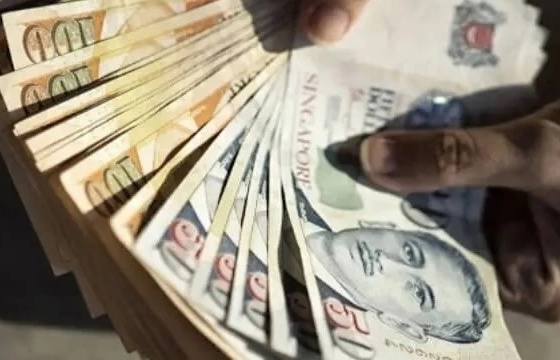
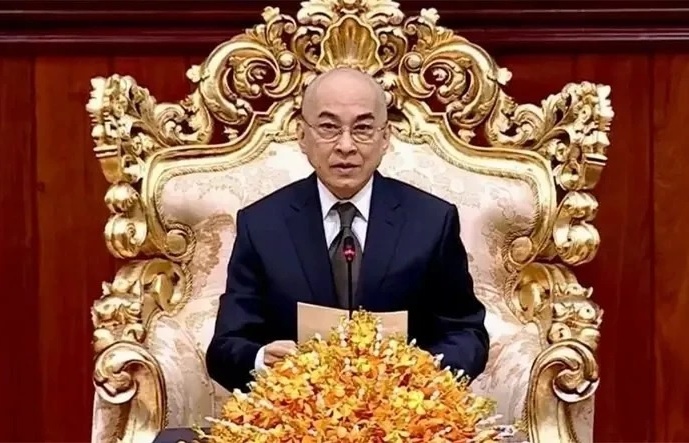
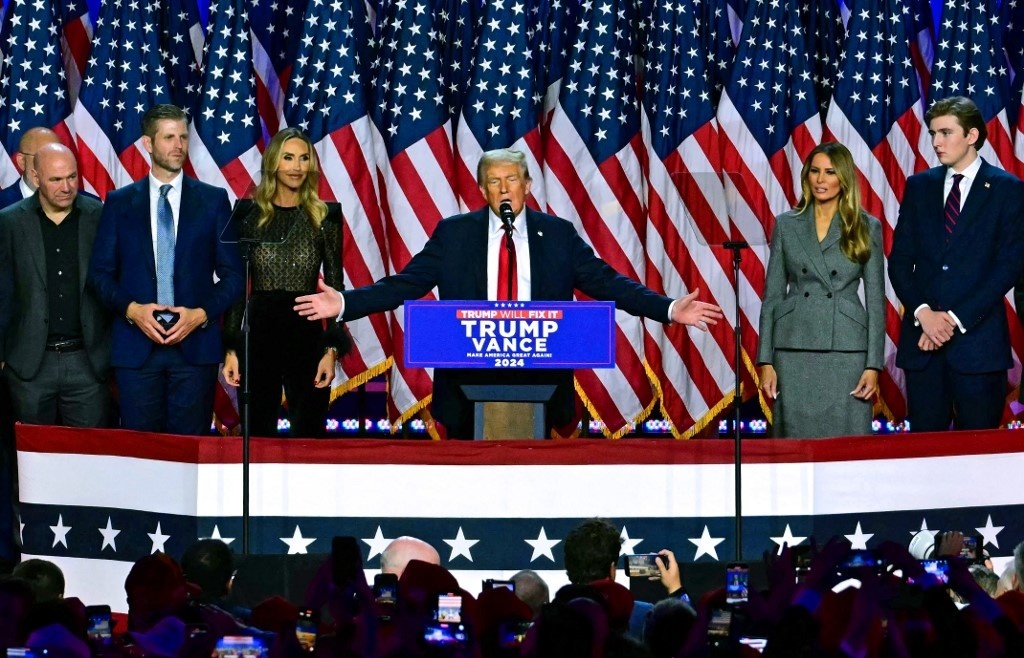
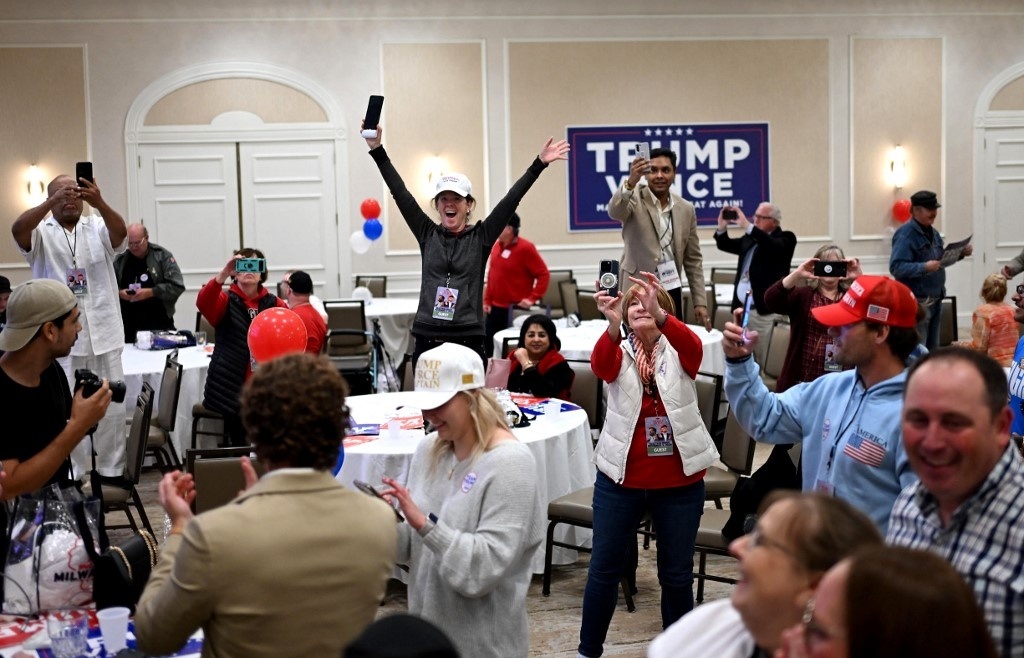
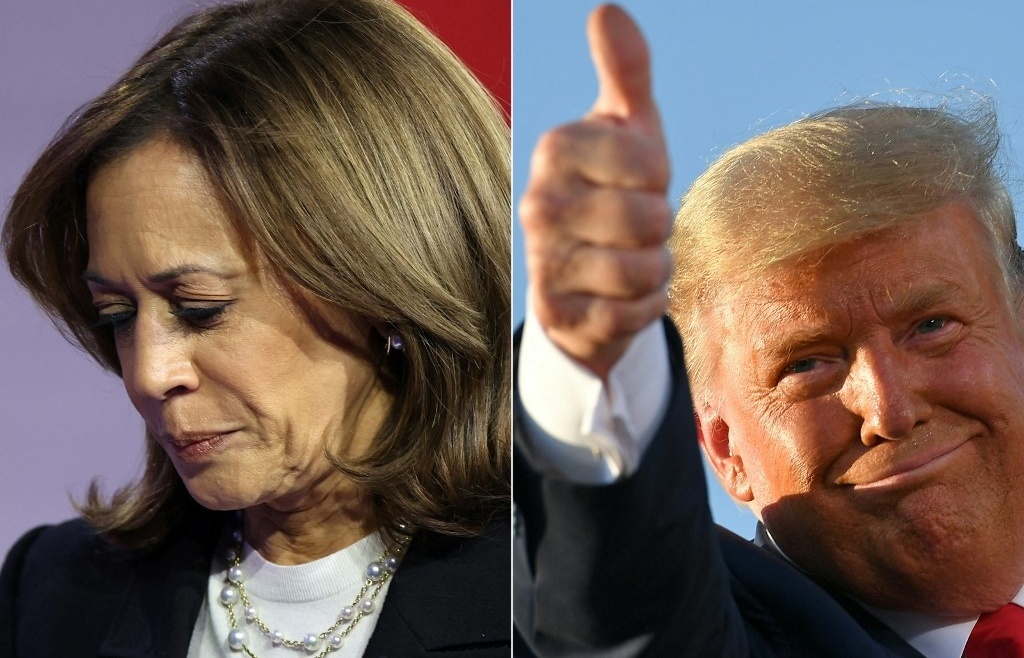
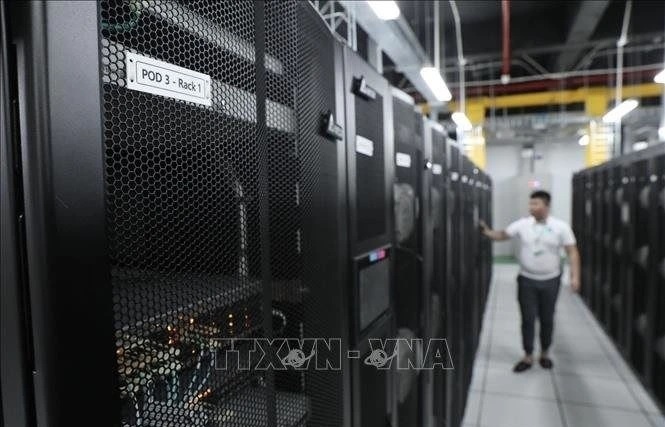



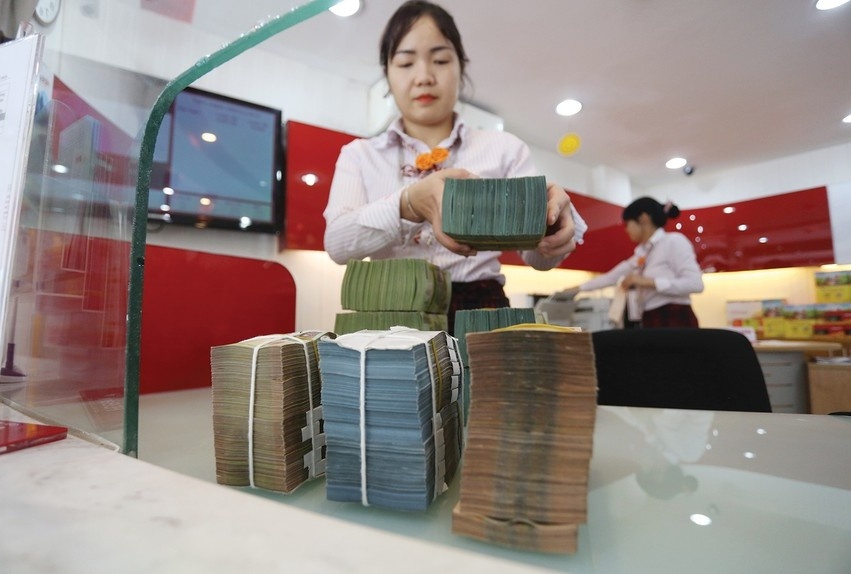
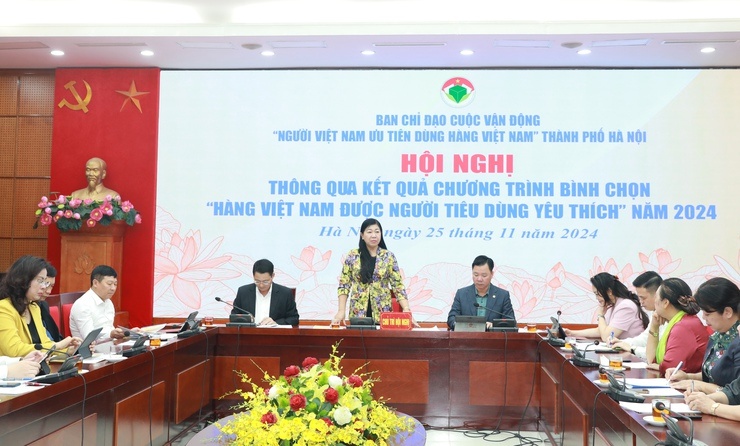
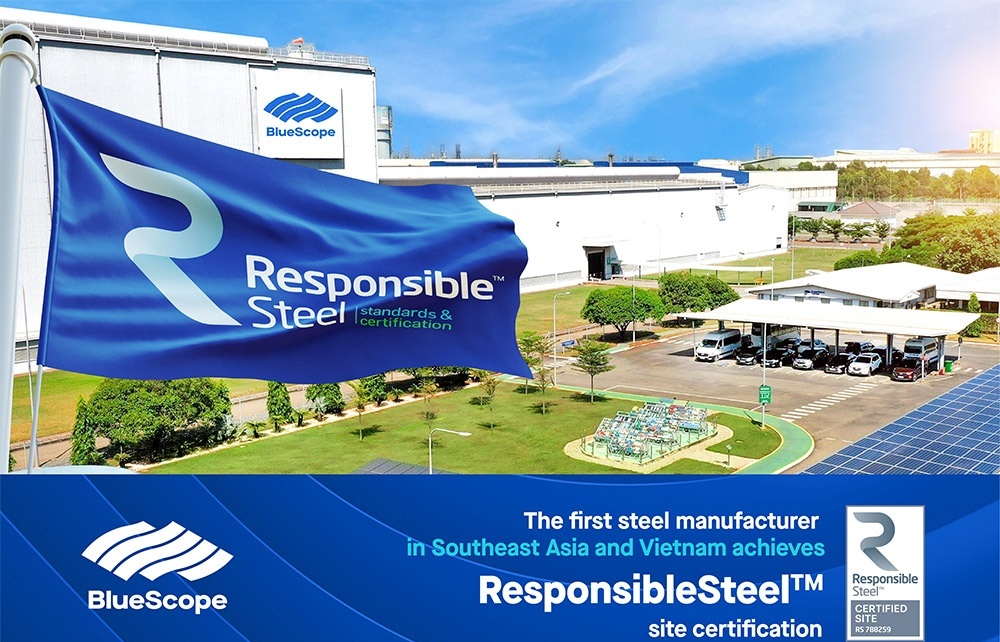



 Mobile Version
Mobile Version